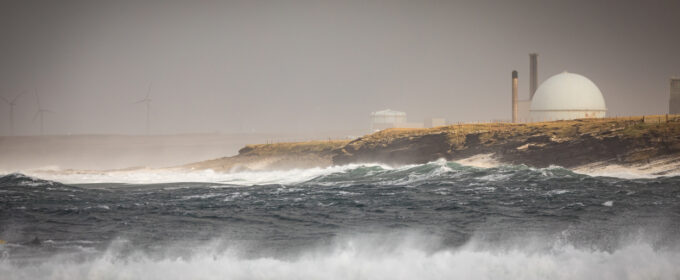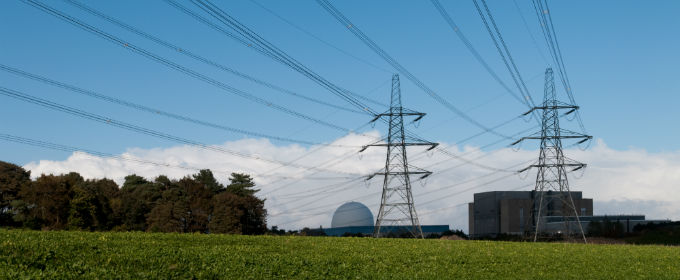Expanding nuclear power should be a key priority as the government aims to cut its carbon emissions. However, finding suitable sites to accommodate the proposed plants raises new questions. In this article, based on the Dalton Nuclear Institute’s position paper, Siting implications of nuclear energy, Professor Adrian Bull gives his view on how policymakers can […]



